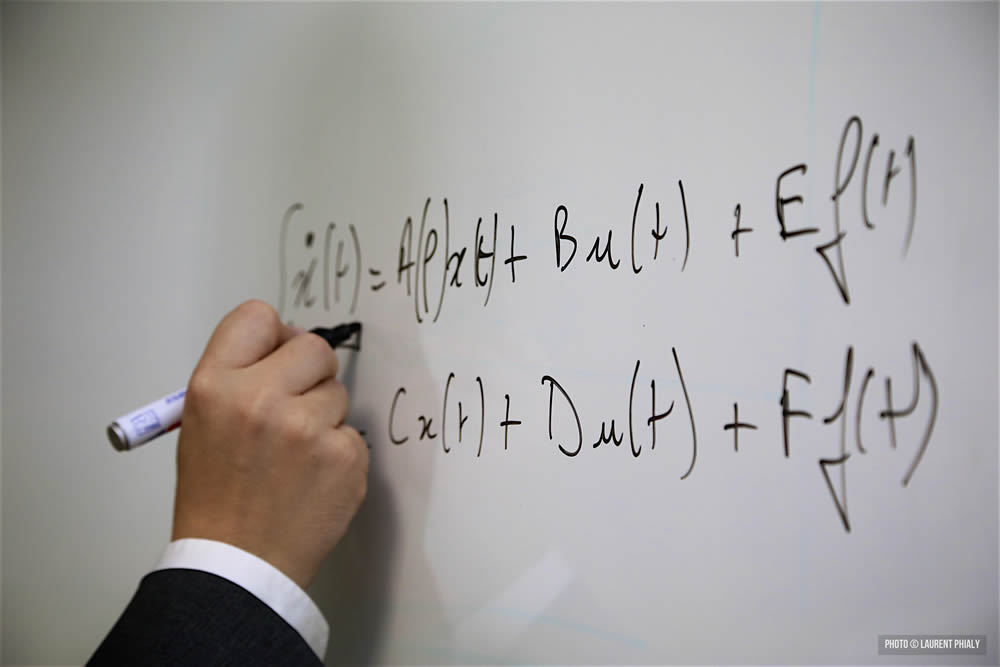
The CID department brings together all of CRAN's research activities on Control Theory of continuous dynamic and cyber-physical systems. A wide range of topics is covered, including: modeling, identification, analysis, control, observation, diagnosis and fault tolerance.
The research work of the CID department is mainly theoretical and methodological in nature, using a wide range of mathematical tools and physical models dedicated to systems theory to respond to major challenges generated by the increasing complexity and integration of systems. This abstraction and the use of common tools constitute a strong and coherent link in the CID department.
These research themes are mainly motivated by strong strategic and societal concerns with significant socio-economic impact. Indeed, certain fundamental aspects or formalisms in systems theory are inseparable and even come from concrete and industrial applications. New, increasingly complex systems are appearing and generate strong scientific barriers for which Automation must provide innovative solutions. A large part of the applications is associated with the fourth industrial revolution, also called the factory of the future, emphasizing the importance of integrating digital sciences into everyday and industrial life. Beyond embedded systems, interconnected, multi-agent or cooperative systems are increasingly widespread, as are event systems. Moreover, Automation is committed to going beyond its traditional application sectors in industry (energy management, smart cities, steel industry, etc.) by opening up to differentiated application areas such as: health (cancerology, neurology, surgery, etc.), sociology (social behavior, opinion dynamics, etc.), finance, future transport (future cars and planes), sustainable development (circular economy, ecological systems). The CID department contributes to these applications by offering efficient tools, taking into account the increasingly strong constraints of implementation and security.